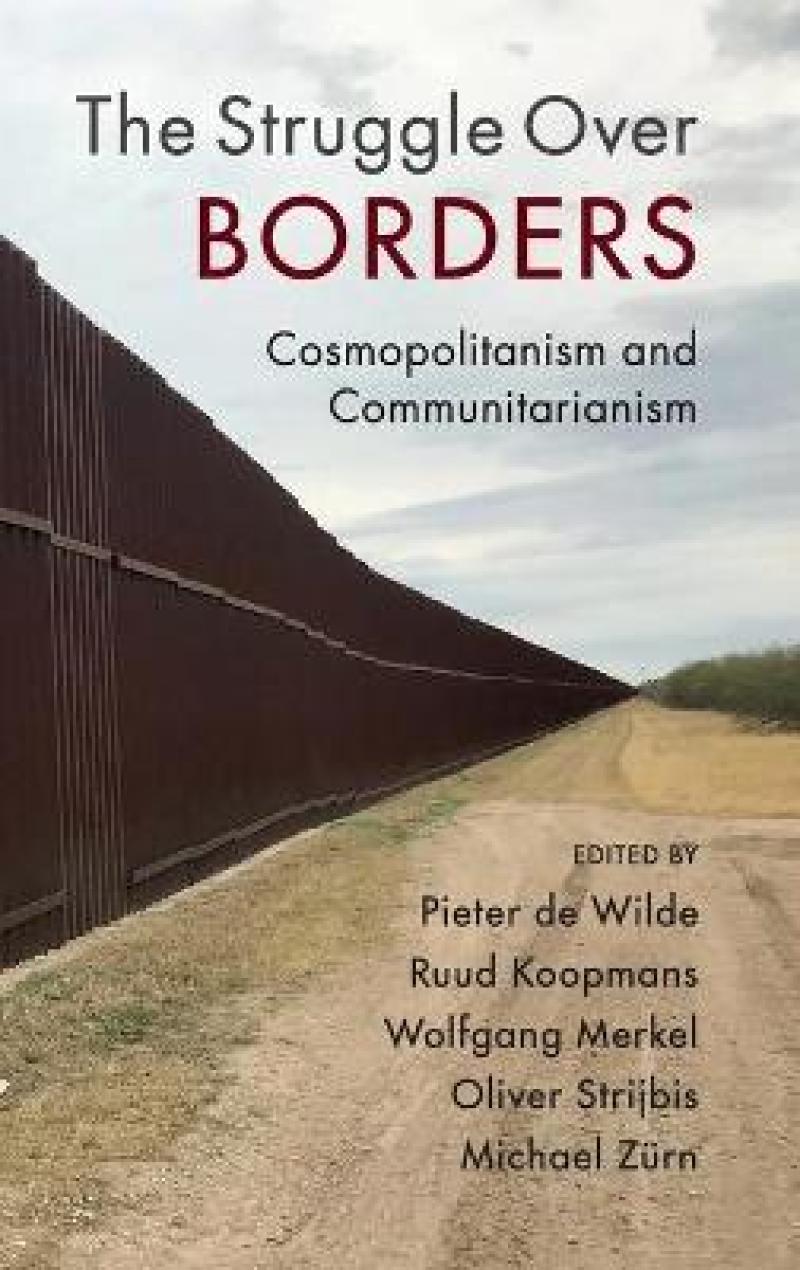'It's hard to be balanced in so contentious a debate as that between the claims of cosmopolitanism and place-based communities. The Struggle Over Borders succeeds admirably. It not only goes beyond ideological oppositions but brings empirical evidence to bear on clarifying a world that is always more complicated than polar oppositions suggest. A very helpful book.' Craig Calhoun, Arizona State University
'This is an important addition to the burgeoning literature on the new fault line that pits proponents ('cosmopolitans') and opponents ('communitarians') of globalization against each other. This five country study goes beyond confirming common wisdom by painting a much richer and more encompassing picture of the political repercussions of globalization than previous accounts.' Hanspeter Kriesi, Stein Rokkan Chair of Comparative Politics, European University Institute, Florence
'This magnificent study of the new fault line between cosmopolitans and communitarians offers crucial insight in the nature of democracy under globalization. A first-class interdisciplinary team at the Social Science Center in Berlin brings to bear rich data on elites, masses, and media in five countries. This is the first major study to illuminate the divide across diverse Western societies from Turkey to the United States. A superb study with a sobering bottom line: globalization has generated multiple fissures that fundamentally challenge democracy.' Liesbet Hooghe, W. R. Kenan Distinguished Professor of Political Science, University of North Carolina, Chapel Hill
